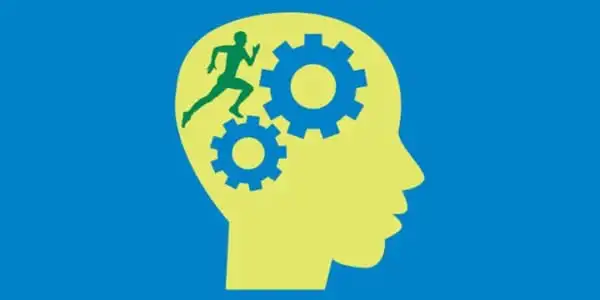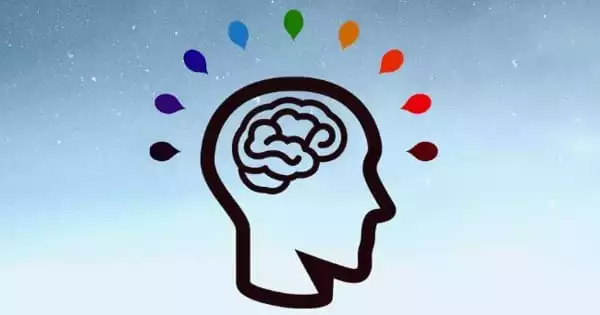Exercise not only improves physical capabilities and can even alter physical appearance, but it also improves brain and cognition health. The research findings of BYU cell biology and physiology professor Jeff Edwards validate those new year’s resolutions to get the heart pumping and exercise more. He discusses three ways that exercise affects the mind and can improve the quality of life.
Researchers discovered that even very light workouts can improve connectivity between brain regions responsible for memory formation and storage. People who practice yoga or tai chi throughout the day may be more likely to remember where they put their keys. Researchers from the University of California, Irvine, and the University of Tsukuba in Japan discovered that even very light workouts can improve connectivity between parts of the brain responsible for memory formation and storage.
The researchers discovered that a single 10-minute period of mild exertion can yield significant cognitive benefits in a study of 36 healthy young adults. The team examined subjects’ brains shortly after exercise sessions using high-resolution functional magnetic resonance imaging and discovered improved connectivity between the hippocampal dentate gyrus and cortical areas associated with detailed memory processing.
Their findings appeared in the Proceedings of the National Academy of Sciences.
It’s encouraging to see more people keeping track of their exercise habits — for example, by counting the number of steps they take. Even short walking breaks throughout the day may have a significant impact on memory and cognition.
Michael Yassa
“The hippocampus is critical for the formation of new memories; it’s one of the first regions of the brain to deteriorate as we age – and much more severely in Alzheimer’s disease,” said project co-leader Michael Yassa, a UCI professor and Chancellor’s Fellow of neurobiology and behavior. “Improving hippocampus function holds a lot of promise for improving memory in everyday situations.”
The neuroscientists discovered that the degree of recall enhancement was predicted by the level of increased connectivity.
While previous research has focused on how exercise promotes the generation of new brain cells in memory regions, Yassa, director of UCI’s Center for the Neurobiology of Learning and Memory and the recently launched UCI Brain Initiative, stated that this new study demonstrates a more immediate impact: strengthened communication between memory-focused parts of the brain.
“We don’t rule out the possibility of new cells being formed, but that’s a process that takes a little longer to play out,” he said. “What we found was that these 10-minute periods of exercise produced results right away.”

Exercise increases the flow of blood to the brain. Because of its high metabolic demand, the brain necessitates good circulation, which exercise promotes. An increase in blood flow is not only beneficial, but also necessary. Exercise increases blood flow, which delivers all of the nutrients needed to do the job of the brain, while also increasing the production of molecules important to brain function, including memory.
Yassa emphasized that a little bit of physical activity can go a long way. “It’s encouraging to see more people keeping track of their exercise habits — for example, by counting the number of steps they take,” he said. “Even short walking breaks throughout the day may have a significant impact on memory and cognition.”
Yassa and his colleagues at UCI and the University of Tsukuba are expanding on this line of research by testing older adults who are at higher risk of age-related mental impairment and conducting long-term interventions to see if regular, brief, light exercise done daily for several weeks or months can improve the structure and function of the brain in these subjects.
“Clearly, there is enormous value in understanding the exercise prescription that works best in the elderly so that we can make recommendations for preventing cognitive decline,” he said.
Exercise boosts memory by activating molecular targets such as the brain-derived neurotrophic factor (BDNF). This molecular factor promotes synaptogenesis, which results in the formation of new synapses that mediate learning and memory, making it easier to absorb information and form long-term memories. The more BDNF there is, the better the memory’s function and capacity. If you’re not motivated to exercise, consider how valuable your memories are and get moving to preserve them.
Physical activity appears to benefit the brain by increasing chemicals that protect it as well as by keeping the blood flowing. Physical activity also helps to compensate for some of the natural decline in brain connections that occurs with age.





